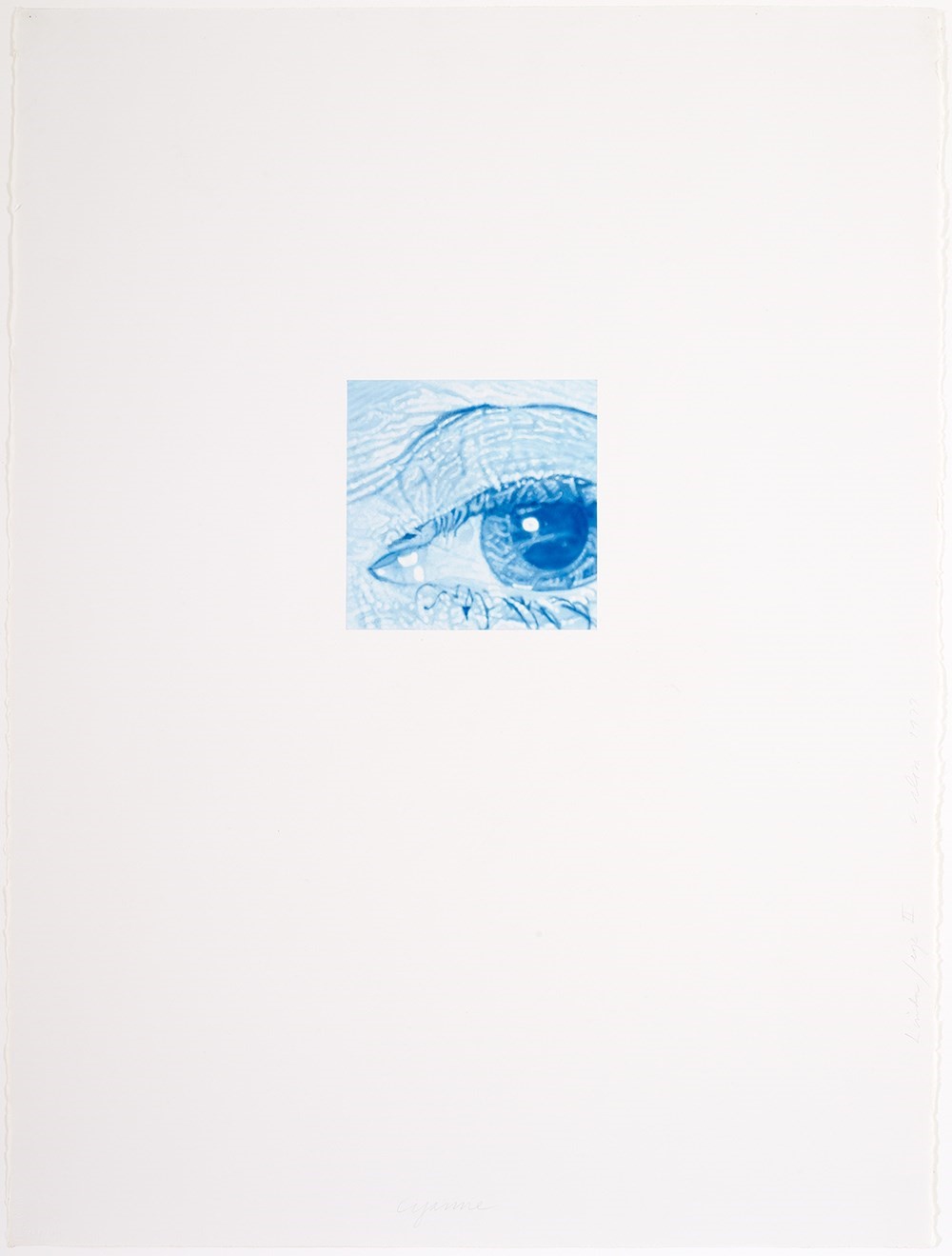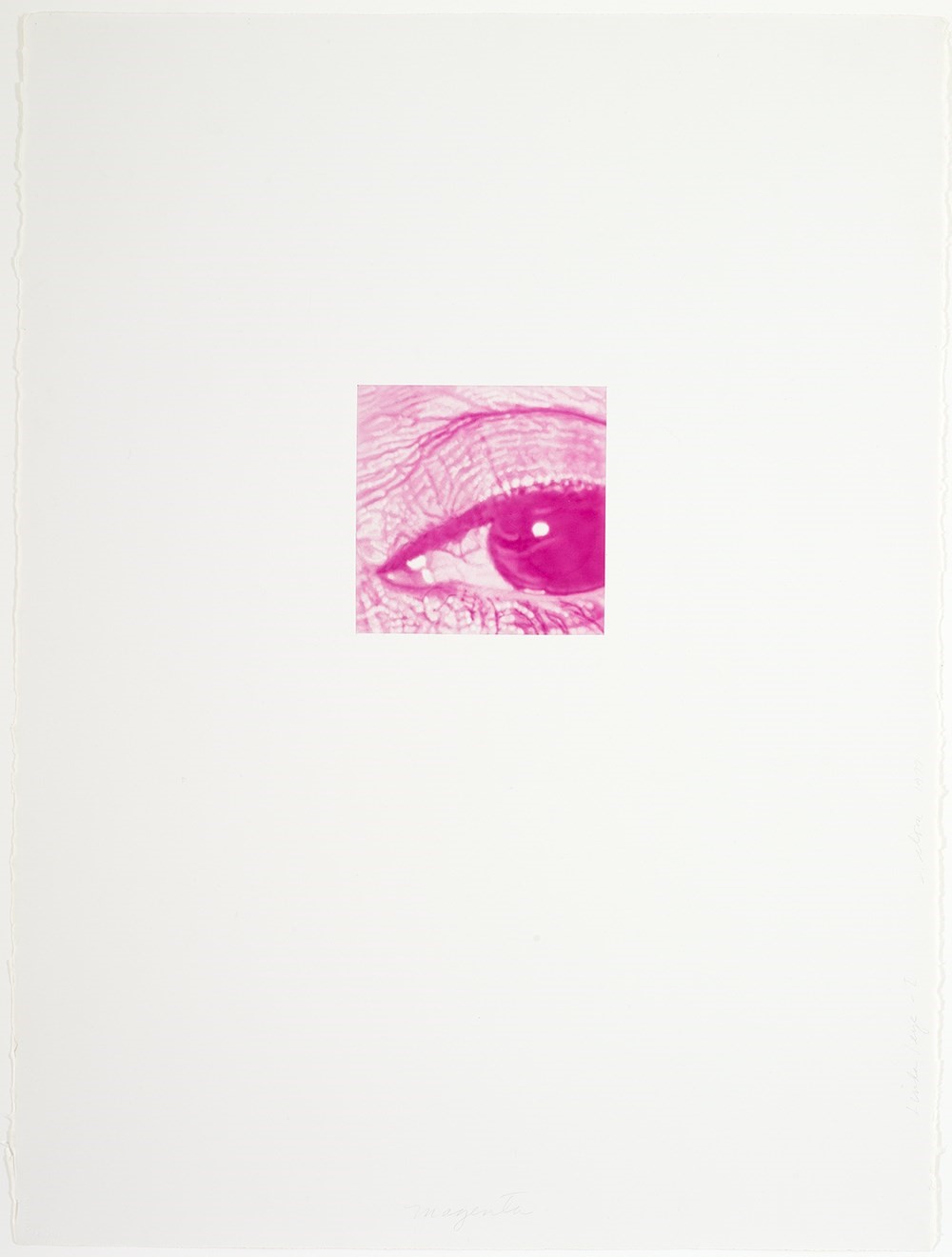Linda Rosenkrantz’s Talk became the definitive work on twenty-something psychodrama when it was first published in 1968. Based on recordings made during a holiday to the Hamptons, three friends, Marsha, Emily and Vincent – all pseudonyms for Rosenkrantz and her posse – navigate a life of maddeningly inconsequential proportions. Of casual flings followed by subsequent psychoanalysis, both of which form the basis of three recurring monologues that battle over 200 pages in the name of conversation. It’s decorated with the names of a thousand sexual conquests and one particularly unflattering portrait of an absent character named Sick Joan. The result is easily one of the funniest books I have ever read and an almost eerie foretelling to the sort of navel gazing we’ve come to love in Lena Dunham's Girls and Sheila Heti’s, How Should a Person Be? Yet, despite all this, and an army of dedicated disciples whose ranks include Leonard Cohen and Harold Pinter, the book remained firmly within the domain of the cult for over five decades. That was, until New York Review Books chose to reissue it last year.
As Talk enjoys a well-deserved revival of interest, we delve into the mind of the woman who wrote – or more accurately, recorded it – to find out more about her views on love, life and intermittent literary celebrity. “Tark”, as it is reassuringly pronounced by Rosenkrantz in her heavy, east coast drawl during our conversation last month, forms the basis of a three-part conversation, the first instalment of which begins here…

Linda Rosenkrantz: I got into AnOther Magazine after they ran a feature on my friend, Peter Hujar, who actually features as a character in Talk.
Nathalie Olah: Who is he in the book?
LR: He’s called Clem Nye. He’s mentioned quite a bit.
NO: And Marsha, she’s based on you?
LR: Yes.
NO: And are you still in touch with the people who Vincent and Emily were based on?
LR: I’m in touch with Vincent, though he lives in Europe. Emily and I went our separate ways about ten years ago and haven’t been in touch recently.
NO: And Sick Joan?
LR: [laughs] Well I totally lost track of her. I think she’s OK though. I last heard she was teaching acting in New York, so she must have got it together. I have to say, she was very hurt by her description in the book.
NO: Everyone presumably knew who they were then?
LR: Yeah…
NO: Many repercussions?
LR: No, that was actually the only thing I heard. Another guy who I’m still friends with came to a book signing last year, stood up proudly and shouted, “I’m so and so in the book!” But I’m not exactly sure why, because he doesn’t come across that well.
NO: Have you been surprised by all this recent interest?
LR: Oh absolutely. I’m amazed. It’s been 50 years!
NO: It doesn’t feel like it’s 50 years old.
LR: Well it certainly doesn’t to me! It’s a wonderful thing to have happened because I think it deserved a new life. When Talk originally came out it wasn’t presented as actual tapes. It was presented as a novel that I had written, and the tapes were presented almost as a device. That always bothered me. New York Review Books were originally going to do the same thing, but I said that it had to retain its integrity.
NO: Where did the idea to reissue it come from?
LR: It’s a very funny thing. Several years ago I was looking at Talk on Amazon and there was just one comment from a guy who had read it who said something like, “I picked up this book at somebody’s country house in the Hamptons and New York Review should really reissue it.” That sort of sparked something in me. I thought, do I know anybody who might know anybody over there? And I did and he presented it to them and they kinda leaped at it.
NO: It’s funny how many people I’ve met since reading it who say they are fans.
LR: Yeah it was kind of a cult thing. There were people who talked about it and remembered it over the years.
NO: There’s been a lot of comparisons with Lena Dunham and Girls.
LR: Well I don’t know if they’ve read it, but I certainly identify with those girls. They approached Lena Dunham to do the introduction but she was too busy.
NO: Why didn’t you write another book?
LR: I did another one but it didn’t get published. And actually I’ve gone back to it and I’ve been sort of looking at it again. The second one was quite different. I invited maybe 12 to 15 ex-boyfriends over for dinner…
NO: Oh my god.
LR: One at a time of course!
NO: Still.
LR: I served them each the same dinner and tape-recorded the evening from the moment they walked through the door to the moment they left. It’s very uneven. Some of them are very good, some of them are unusable but I’m definitely going to try and get it out there. I’ve been working on it for a couple of months since going back to it. But of course, the first time round was before computers so everything needed to be retyped and translated to digital. Talk, with all its focus on psychoanalysis, made me want to go back to all these old relationships to examine what went wrong. And actually, it is usually very obvious what went wrong.
NO: The level of psychobabble in Talk really is maddening. Were you guys really that self-involved?
LR: Absolutely. What you see is what it was. Everybody was in analysis. Everybody talked about their analysis. That’s the one thing for me, and for a lot of people, that really dates the book. Because people in their 20s and 30s today aren’t as involved with all that. They might be seeing someone, but they certainly aren’t talking about it to the same extent, anyway. It was very much in the air at that moment.
NO: It’s definitely very funny.
LR: Well let me say, that is the one difference in the way it’s been received now as opposed to then. No one commented on the humour of it at that time. And now, I’m so pleased that people are finding it so funny.
NO: There were more than a few embarrassing laugh-out-loud moments when I was reading it on the bus.
LR: Well that’s good to know.
NO: But you guys also seemed to be suffering under some quite serious, psychological stuff.
LR: Well yeah.
NO: Did you leave a lot of the more serious stuff out of the book?
LR: Well one thing that happened – there was a sort of climactic scene at the end of the summer that involved us all so emotionally that I didn’t turn on the tape recorder. Vincent was sort of attacked for standing in the way of my romantic life. Which was really traumatic for him. It’s referred to after the fact. But that was one time that was too real even for the tape recorder.
NO: I assumed from the references made in the book that a fight broke out.
LR: Let’s just say it got very hostile…
*Nathalie Olah's conversation with Linda Rosenkrantz continues next week.
